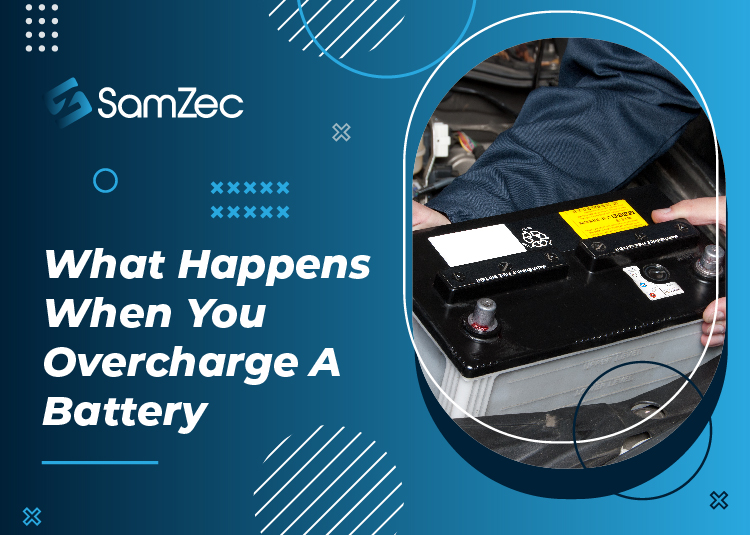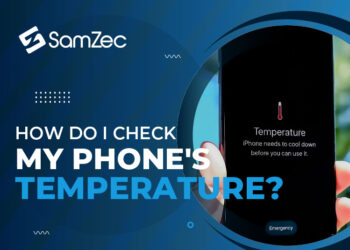Batteries are an integral part of the modern world, and we, as a species, use them daily. From our phones to our cars, we use batteries. But, unfortunately, we also tend to overcharge them, which is not suitable for the batteries and is especially not good for our phones and cars.
When you overcharge your battery, there are a number of things that might go wrong. You risk destroying your phone’s battery or perhaps your phone itself. Read this article to learn more about what happens when you overcharge your battery.
About a month ago, I was sitting around on a Saturday night trying to figure out something I could do that would be cheap and fun. I remembered that my Nitecore Intellicharger i2 was having issues charging sure batteries correctly, so I decided to tear it apart and see if there were any easy loose connections.
Soon enough, the charger was disassembled, with lots of little bits spread all across my desk. It took me another few hours to put it back together again, but after studying the inside for a while, it turned out that one of the traces on a transistor had been slightly cut through from faulty soldering.
Fortunately, the trace still had some function, but it couldn’t carry as much current as before. So I decided to resolve this connection carefully, and the result was that the charger could now handle the total charge on any battery! This one is the most important guide on what happens when you overcharge a battery.
About 70% of Americans own smartphones, many of which have non-removable batteries.
There’s more than one type of damage that can be done to your battery if you leave it charging for too long; there are numerous side effects caused by leaving your phone plugged in all night after it reaches 100%. The most important thing to know about your battery is that it has a limited lifespan; the lithium-ion battery in your phone can only be charged about 500 times before its capacity starts to diminish. If this number isn’t well known among the general public, you can imagine that people probably end up charging their phones for much more extended periods than they should.
The other types of damage done by leaving your phone plugged in after 100% are slightly less damaging but still cause long-term problems for your device’s battery life. The first type of damage would be heat exposure, which I mentioned previously on my blog. Heat exposure will break down the electrolytes inside of your battery over time, which will reduce its capacity and prevent it from holding as much charge.
It means that if you’re in the habit of charging your phone overnight, it will die faster than usual after a couple of months or so. The other type of damage that can be done to your battery is voltage stress, which causes your phone’s internal regulator to raise the voltage coming out of your battery to keep up with demand.
Again, assuming you leave your device plugged in all night when it reaches 100%, this could cause serious long-term problems for you and your phone because lithium-ion batteries become unstable at high voltages. It means that over time, your device may start randomly losing power even when plugged into the wall; eventually, it could lead to catastrophic failure inside of the battery itself, leading to an explosion if left alone for too long.
Conclusion:
One thing to note is that you can prevent both types of damage listed above by simply using your phone until it reaches 0% and then charging it for a short period before using it again. It prevents heat exposure because the battery never actually reaches 100%; the voltage regulator will only raise the voltage until it’s necessary to maintain power instead of doing so indefinitely. I hope this article helped answer some questions about what happens when you overcharge a battery; feel free to ask me anything related to this or submit any suggestions in the comments below!




















